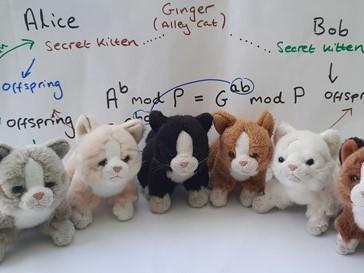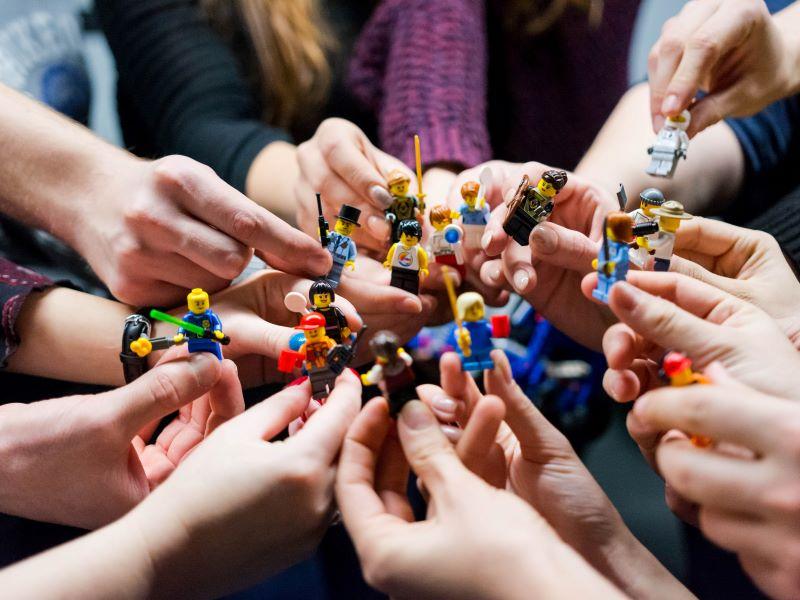
Playful learning: how to get started
You may also like
Key Details
00:49 Why to incorporate play into learning
01:27 Key drawbacks of playful learning to be aware of
02:05 Tips for getting started in developing playful learning
Transcript
Hi, my name is Marcus, and welcome to Recess. My guest today is Giskin Day. Giskin has over 20 years of experience teaching in science communications and medical humanities.
In 2016, she was awarded the National Teaching Fellowship for her use of playful learning. She is currently the pathway lead for humanities, philosophy and law at Imperial College for the School of Medicine. She is currently undertaking her PhD part-time at King’s College London in gratitude in healthcare. She’s going to be talking to us today about the playful learning approach. Thank you, Giskin.
Thank you so much, Marcus, it’s a real pleasure to talk about one of my favourite aspects of teaching, which is playful learning.
So, I thought I’d start by thinking about why we could incorporate play in education. And for me, it’s really an important way of promoting engagement and participation.
With a very crowded curriculum and lots of students feeling very stressed, especially about assignments quite a lot of the time, being playful is a wonderful way to just create a different sort of temperature in the class. One in which people can collaborate, talk to each other, compete perhaps. But it does help to catalyse a learning experience as being more memorable.
There are, of course, potential drawbacks; the main one is that it could be seen as organised infantilism. Students are grown-ups; they’re adults. They don’t want to be treated like nursery school children anymore, or infant school, or even primary school children. So one has to take care to – although I think certainly good day game design can incorporate elements of nostalgia for the kinds of times in which we were unembarrassed about being creative and playful – but it shouldn’t infantilise. You should never infantilise your students.
So, my top tips for games that work is that you do need to think about your whole audience. Not just about the physical abilities of people to get around if you’ve got a running around game like medical Monopoly, but you have to think about what their expectations are, how they work together.
If you’ve designed, for example, a game for pairs, what happens if somebody is absent or you don’t have an even number of participants? You can’t then exclude people on the basis that you haven’t thought your game mechanics through properly. So all of that needs thinking through.
So how do you get started in this? I have three recommendations.
In the UK, the Playful Learning Association is a magical space and place that’s full of inspirational people. I have got so many good ideas and been so inspired by being a member of the PLA. They have a few face-to-face meetings a year, and they have a wonderful conference every year. It’s free to join, so I definitely recommend them.
The Playful University Club, which is hosted by Exeter University. They have game nights, they have talks and workshops, so that is also open to a playful community in higher education, so that’s worth joining.
And then if you are thinking more broadly, then the Global Play Brigade also has a series of events and connectivity and they’re also full of good ideas. So, connecting with like-minded individuals is a great way to get started.
Giskin Day is a principal teaching fellow in the Faculty of Medicine at Imperial College London.
This video is taking from a longer video presentation by Giskin Day produced by Marcus Pedersen of University College London for his series of mini-lectures on education Recess. You can watch the full video here.
Other Recess presentations on topics including flipping the classroom, feedback and teaching large cohorts can be found here: Recess New Perspectives on Education



